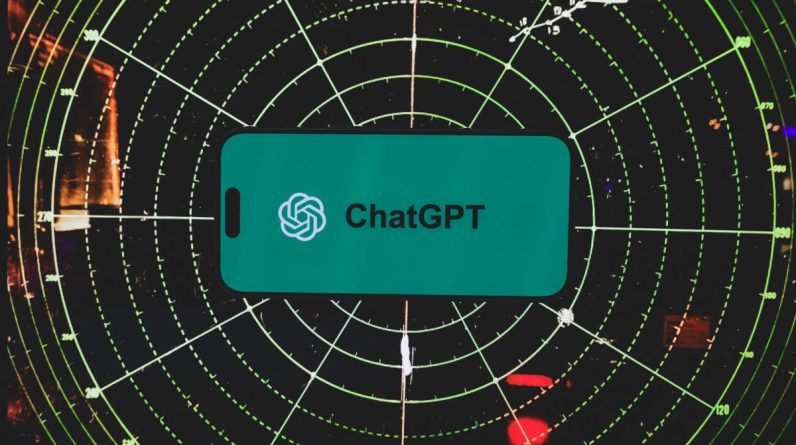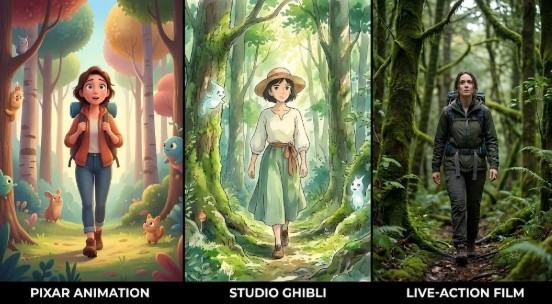
A new survey by Google Cloud and The Harris Poll has found that 87% of developers are using AI agents in their workflows.
The research survey, published on August 18, 2025, was conducted in late June and early July 2025 and asked 615 game developers in the U.S., South Korea, Norway, Finland, and Sweden about the current state of AI in the industry – and where it could be heading next.
Google Cloud found that respondents “largely” agree AI is “having a positive influence across a wide range of creative efforts, business settings, and internal workflows,” with “more than 90%” of respondents saying it is ” helping with an array of challenges, including driving innovation, and enhancing the player experience.”
97% of those surveyed said generative AI is “reshaping” the gaming industry, while 95% said it’s “reducing repetitive tasks in workflows,” and 94% said it’s “driving innovation.”
47% of respondents reported that AI is speeding up playtesting and balancing of mechanics, 45% said it assists in localization and translation of game content, and 44% said it improves code generation and scripting support.
In addition, 89% of developers believe AI integration is “changing player expectations,” with 37% reporting that they’ve found gamers are looking for “more lifelike experiences.”
According to the survey’s findings, 40% of respondents see AI-driven game engines and AI for balancing gameplay as the most promising trends, followed by AI-powered testing and QA at 36%.
However, the report noted that “game developers face some hesitancy around the adoption of gen AI, particularly due to data and ownership rights.”
63% of developers expressed concerns about data ownership, with 35% worried about player data privacy, 32% concerned about unclear licensing, and 32% concerned about ownership of AI-generated content.
“Developers also see promising possibilities with AI agents and other emerging AI tools to accelerate game development and enhance player experiences”
Elsewhere, the survey found that use of AI agents, software systems that “use AI to pursue goals and complete tasks” for users, is on the rise.
The data showed that 87% of developers are utilising AI agents in their work, with 44% using the software to assist with “asset or content optimization that adapts to in-game needs” and 38% using it for automated tutorials (or in-game coaching) and “dynamic balancing and tuning of gameplay.”
Developers in the U.S. reported this more than those in South Korea, especially with regard to “AI-driven playtesting, automated content tagging, and enhanced code generation.”
Google Cloud found that AI has changed team compositions, too. 62% of respondents say new AI-focused roles have emerged, while 56% of respondents said existing roles have “evolved” to include AI-related tasks.
The report also discovered that AI has changed how teams collaborate on key tasks such as problem-solving (84%), quality control and testing (83%), and speed of prototyping and iteration (83%).
The biggest barriers to AI adoption, according to the survey, are “difficulty measuring the success of AI implementations” (25%) and “cost of AI integration” (24%).
However, 94% of respondents expect AI to reduce overall development costs in the long term (in three or more years), and 40% said it is “creating new business models or strategies.”
“Overall, the research found widespread adoption of gen AI in the games industry – and a surprising level of optimism for it,” the report noted.
“AI is already making a big difference in developer workflows, including productivity and creative tasks. Developers also see promising possibilities with AI agents and other emerging AI tools to accelerate game development and enhance player experiences.
“And while developers raise important concerns about IP issues and the ownership of AI-generated content, the overall feedback on how AI can impact the holistic games industry is trending positive – with some even expressing that a more inclusive and democratic future lies ahead.”








